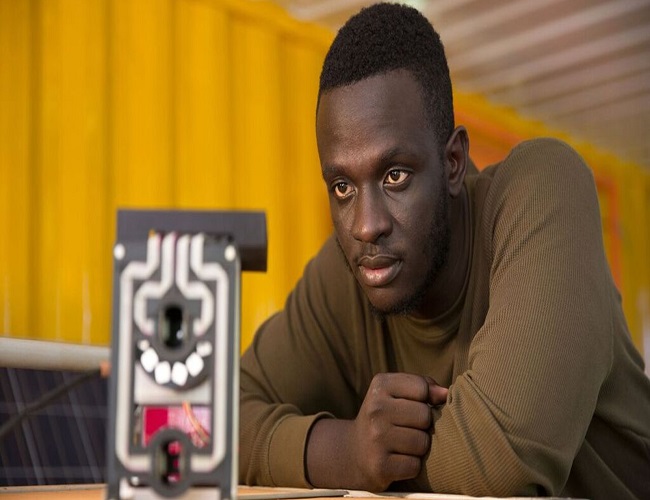Malaria is one of the leading causes of death in the world. Nearly half of the world’s population is at risk of malaria. And sub-Saharan Africa continues to carry a disproportionately high share of the global malaria burden.
However, there has been a corresponding fight against the parasite. Discovery of malaria parasite was first noticed in the blood of a patient suffering from malaria by Charles Louis Alphose in the year 1880 and until now the true test of malaria parasite is in the blood.
Contrary to the above assertion, Brian Gitta, a 24-year-old Ugandan brought up a new way of using technological skills to diagnose a patient without having to pierce through a patient. He developed the device called “Matibabu” after blood tests failed to diagnose his own malaria.

How it works
Matibabu, which means “treatment” in Swahili clips onto a patient’s finger and does not require a specialist to operate. Since malaria symptoms change the color, shape, and concentration of the red blood cells, its red beam can detect changes in the colour, shape, and concentration of the red blood cells of a patient and the diagnosis is ready to be shared to a mobile phone in a minute.
This invention has won him the Royal Academy of Engineering’s Africa prize. Indeed a big feat for Africa. Congratulations Brian Gitta on your great invention.










































